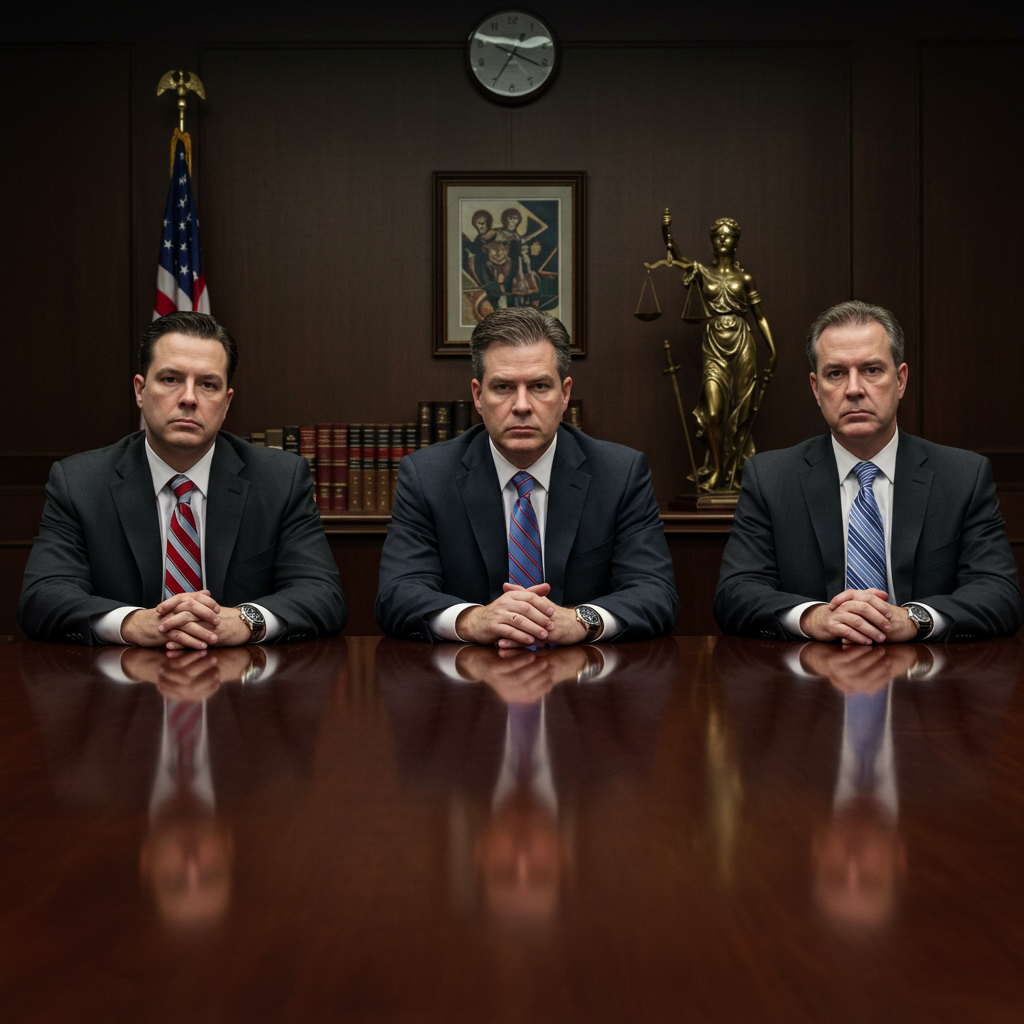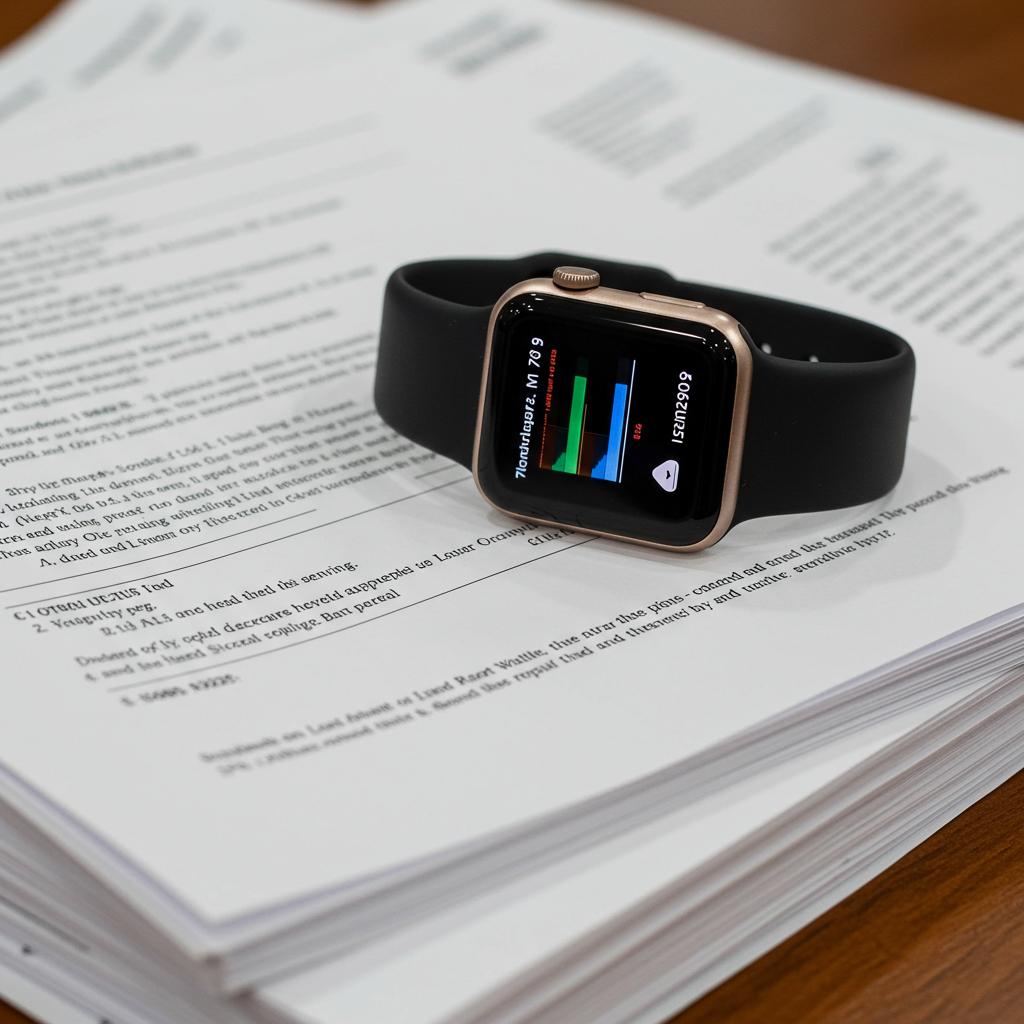A French court has delivered a landmark ruling. Several former high-ranking executives from the video game giant ubisoft have been convicted. The convictions stem from a years-long investigation. This probe centered on allegations of a deeply toxic workplace culture.
The court found these individuals complicit in environments rife with sexual assault and psychological and sexual harassment. This decision marks a significant moment. It represents one of the first major judicial outcomes from the #MeToo movement within the global gaming industry.
Ubisoft’s Long-Standing Culture Crisis
Reports of a hostile work environment at Ubisoft first surfaced publicly around 2020. These accusations were part of the broader #MeToo wave impacting the video game sector. Current and former employees shared numerous accounts. They described harmful incidents and attitudes spanning decades within the company.
An internal survey conducted by Ubisoft confirmed significant issues. Around 14,000 employees participated. Twenty-five percent reported witnessing or experiencing workplace misconduct. A concerning 20 percent stated they did not feel safe or respected at work. These findings underscored a systemic problem.
The initial wave of revelations led to changes at Ubisoft. Several executives, including those recently convicted, resigned or were dismissed. However, the legal process continued in parallel with internal reforms.
Investigations Lead to Arrests and Trial
The widespread allegations prompted a formal investigation by French authorities. This probe delved into the specific claims of misconduct and harassment. It focused on the roles of senior leaders. Authorities sought to determine accountability for enabling or directly participating in the toxic culture.
In 2023, French police arrested five former Ubisoft executives. These arrests were directly linked to the ongoing investigation. The legal proceedings culminated in a trial held over four days in early June 2025. The trial took place in Bobigny, just north of Paris.
During the court hearings, powerful testimony was presented. Women who had previously worked at Ubisoft bravely recounted their experiences. They described enduring constant inappropriate comments about sex and their bodies. Sexist and homophobic jokes were reportedly commonplace. Non-consensual physical touching was also detailed.
Key Executives Convicted
The French court ultimately convicted three former top executives. They were found guilty of various charges related to workplace misconduct. The convicted individuals held significant power within Ubisoft during the period in question (roughly 2012-2020).
Thomas François, 52, served as Ubisoft’s former editorial vice-president. He faced the most severe charges. The court found him guilty of sexual harassment, psychological harassment, and attempted sexual assault. Testimony described deeply disturbing behavior. Accusations included tying a female staff member to a chair with tape. He was also alleged to have pushed her into a lift and pressed a random floor button. One particularly egregious account described him forcing a woman wearing a skirt to do handstands. She testified she complied out of fear of her superior. Another accusation involved attempting to forcibly kiss a colleague at an office party in 2015 while others allegedly held her back.
Serge Hascoët, 59, was Ubisoft’s former chief creative officer. He was considered the company’s second-in-command. The court convicted him of psychological harassment and complicity in sexual harassment. He was acquitted of sexual harassment and complicity in psychological harassment. Allegations against Hascoët included handing a young female employee a used tissue, suggesting she could resell it. He was also accused of bullying assistants through demanding personal errands. Hascoët denied awareness of harassment and denied harassing anyone himself.
Guillaume Patrux, 41, formerly a game director at Ubisoft, was convicted of psychological harassment. His alleged misconduct, though described as “smaller scale,” was characterized as “particularly intense.” Accusations included punching walls and miming hitting staff members. Testimony also mentioned cracking a whip near colleagues’ faces. He was accused of threatening an office shooting. Disturbingly, he was also alleged to have played with a cigarette lighter near workers, even setting fire to a man’s beard. Patrux maintained his innocence against the charges.
Sentences Handed Down
All three former executives received suspended prison sentences. This means they will avoid immediate jail time. However, their sentences are contingent on adhering to probationary conditions. They also faced significant fines.
Thomas François received the longest sentence. He was given a three-year suspended prison term. The court also ordered him to pay a €30,000 fine. His conviction for attempted sexual assault contributed to the heavier sentence.
Serge Hascoët received an 18-month suspended sentence. His fine was the highest among the group at €45,000. This amount was notably higher than François’s fine despite a shorter suspended term.
Guillaume Patrux received the lightest sentence. He was given a 12-month suspended term. His fine was €10,000.
During the trial, defense lawyers argued their clients had never faced disciplinary action from Ubisoft during their employment. However, an internal audit conducted by Ubisoft after the allegations surfaced painted a different picture. It concluded that there was “effectively no HR policy until 2020.” This suggests a significant lack of formal structures for addressing misconduct during the period in question.
Significance for Workplace Accountability
The convictions represent a major step. They highlight the legal system’s willingness to hold high-level executives accountable. This is true even when misconduct is widespread and attributed partly to company culture. State prosecutor Antoine Haushalter called the video game industry’s subculture potentially “systemic.” He characterized the trial as a “turning point” for the sector.
Maude Beckers, an attorney representing the plaintiffs, celebrated the verdict. She called the convictions a significant victory against workplace harassment. “This is a very good decision today, and for the future,” Beckers stated. She emphasized the broader message for all businesses. “For all companies, it means that when there is toxic management, managers must be held accountable and employers can no longer let it slide.”
The trial and convictions follow years of pressure. Anonymous reports first circulated online. They described a culture that former staff likened to a “boys’ club above the law.” This environment reportedly left female employees feeling terrified and objectified. The court’s decision validates the experiences of many who spoke out.
While these convictions address past misconduct, they occur amidst ongoing developments at Ubisoft. The company recently secured a major investment from Tencent. Employees at some studios are also pursuing unionization efforts. These actions suggest a complex environment where past issues intersect with future direction and employee advocacy. The legal outcome underscores the lasting impact of cultural failings at even the largest corporations. It sends a clear message about the importance of safe, respectful workplaces for everyone.
Frequently Asked Questions
What specific charges were the former Ubisoft executives convicted of in France?
Three former Ubisoft executives were convicted by a French court. Thomas François was found guilty of sexual harassment, psychological harassment, and attempted sexual assault. Serge Hascoët was convicted of psychological harassment and complicity in sexual harassment. Guillaume Patrux was convicted solely of psychological harassment. These convictions followed allegations and testimony detailing a widespread toxic culture at the company over several years.
When did the issues at Ubisoft regarding workplace culture first surface, leading to these legal actions?
Reports of a toxic workplace culture at Ubisoft initially surfaced publicly around 2020. These reports were part of a wider movement challenging misconduct in the gaming industry, often linked to the #MeToo movement. The widespread allegations triggered internal investigations by Ubisoft and later a formal police investigation in France, which eventually led to arrests in 2023 and the recent convictions in 2025.
What does this court decision signify for workplace accountability in the video game industry?
This French court decision is considered a significant development for the video game industry. It marks one of the first major legal outcomes stemming from the #MeToo movement specific to this sector. The convictions of high-level executives for enabling or participating in harassment send a strong message that managers can be held legally accountable for toxic workplace environments. It highlights the importance of robust HR policies and the necessity for employers to address and prevent misconduct rather than ignoring it.
Word Count Check: 1086




